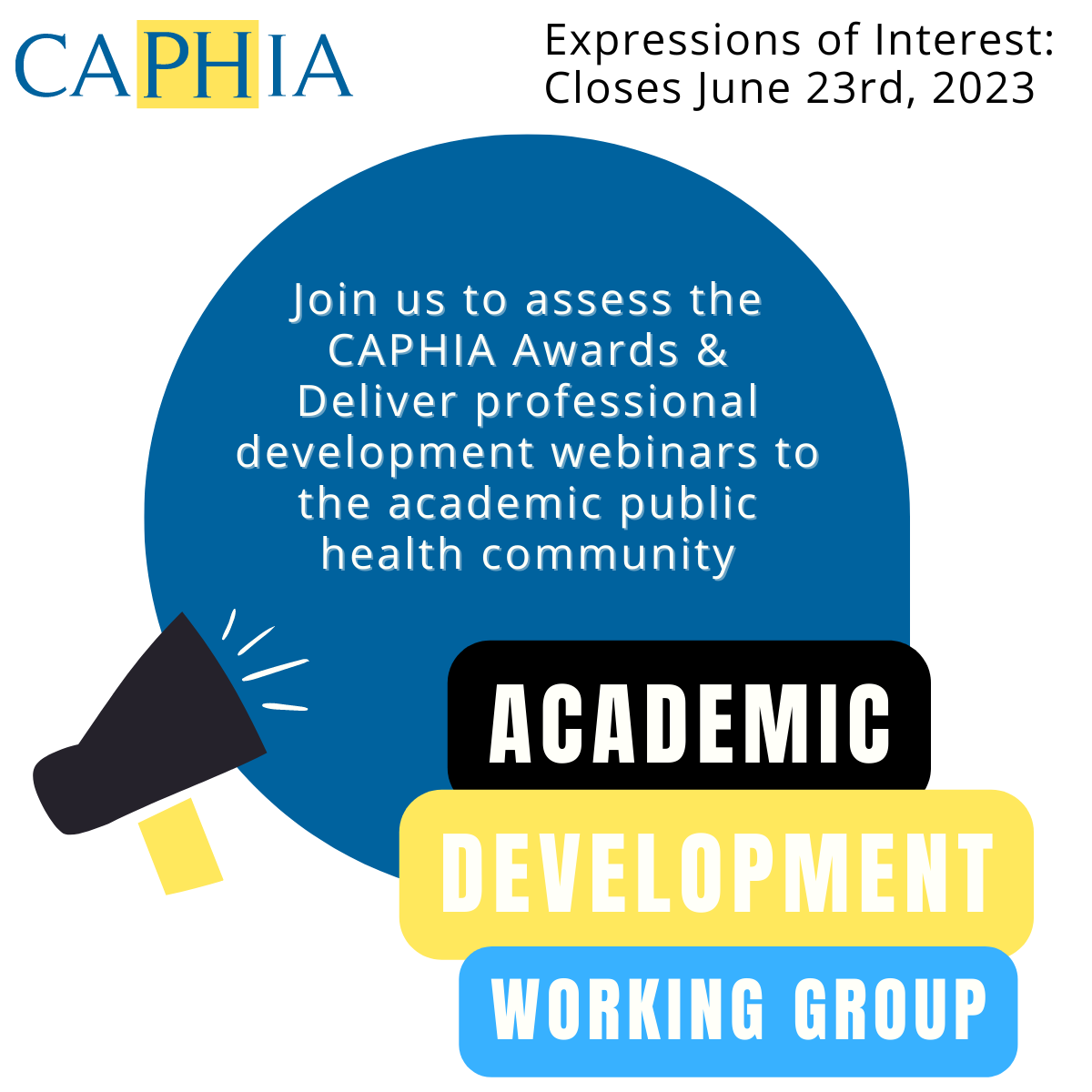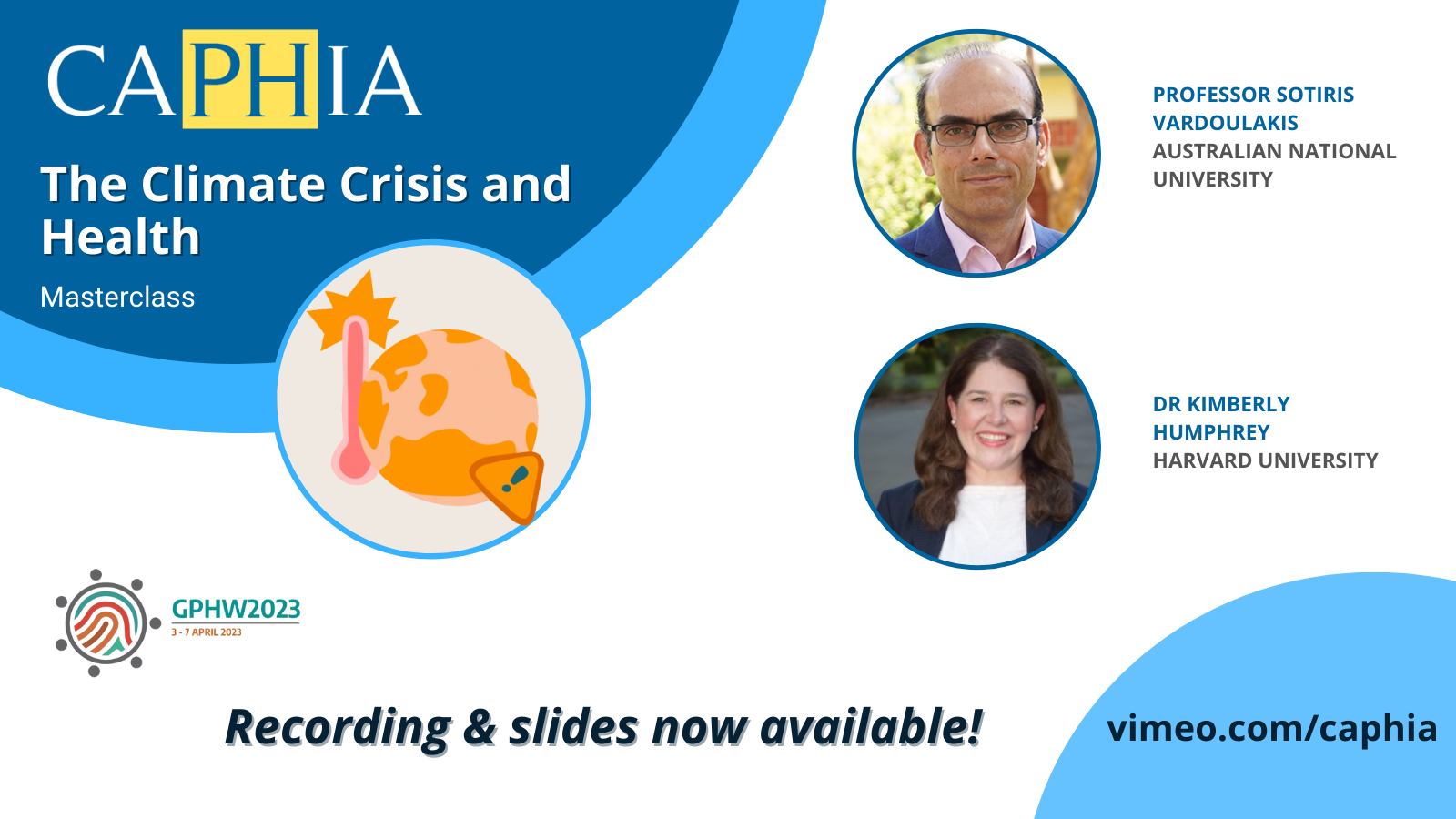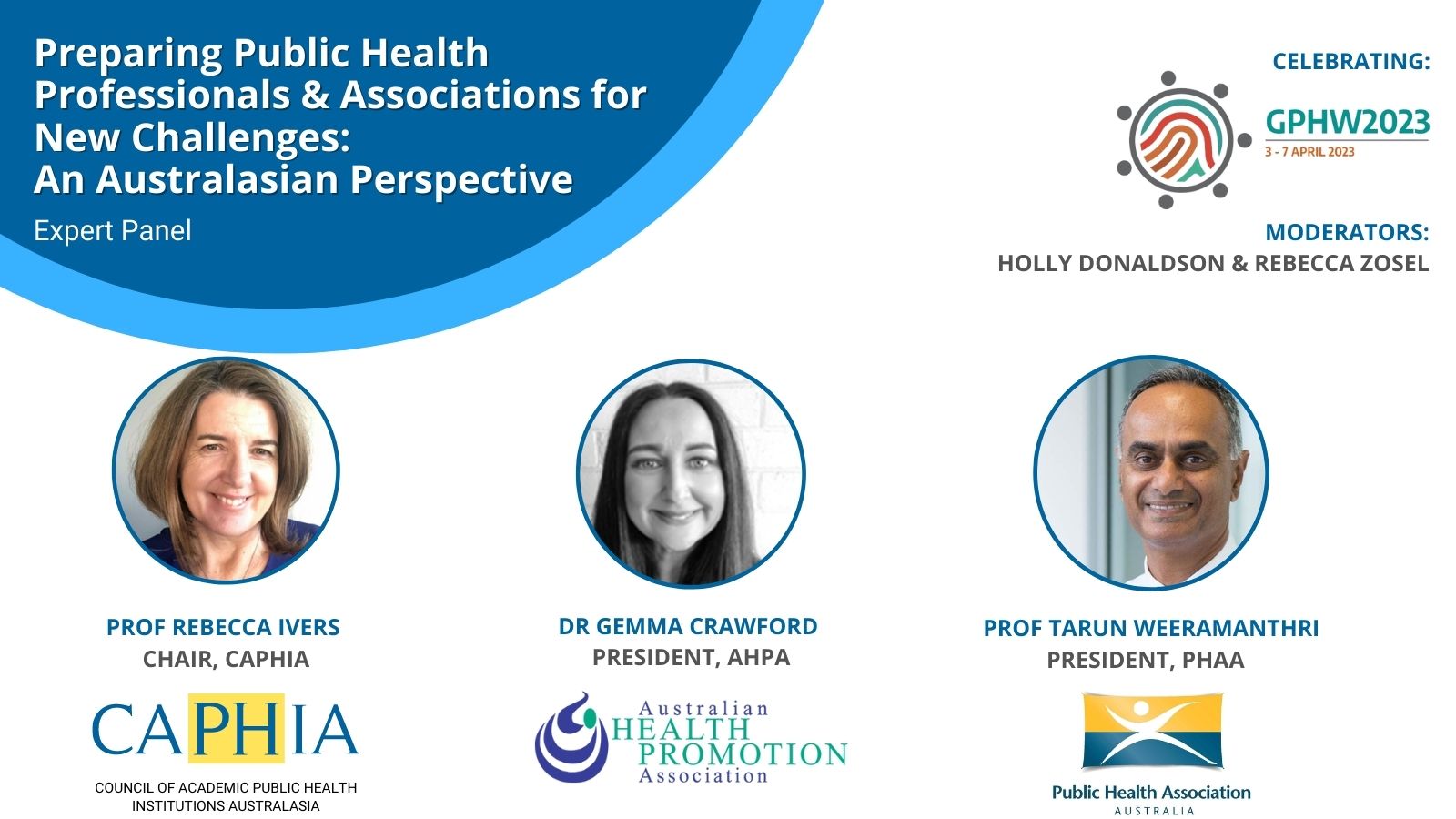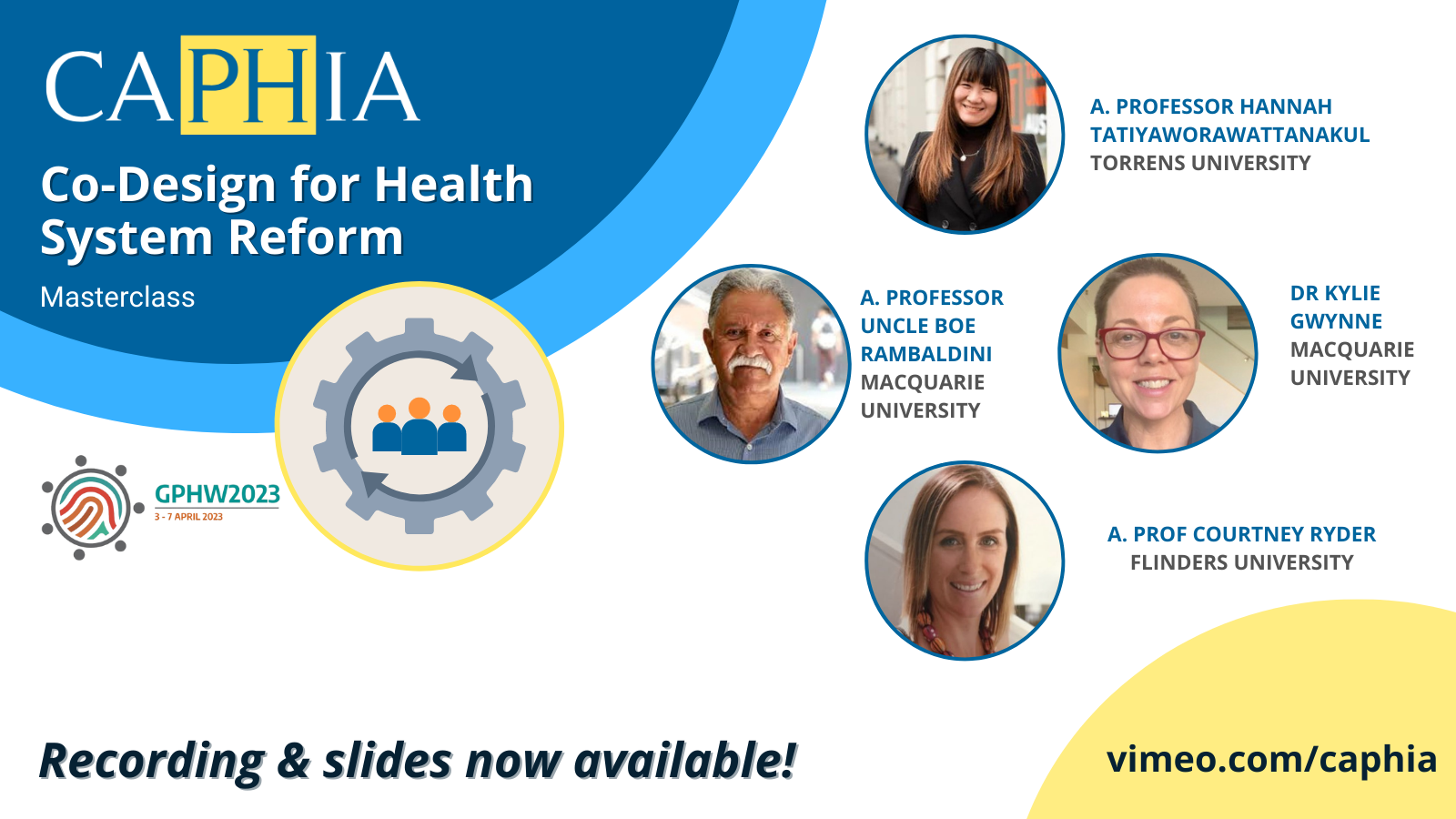Membership Call – Academic Development Working Group
Expression of Interest: Academic Development Working Group Members

The CAPHIA Board of Director is calling for members for the Academic Development Working Group.
CAPHIA is seeking members for the Academic Development Working Group chaired by Professor Aziz Rahman. This group progresses the Professional Development strategic pillar of CAPHIA’s 2021-2024 Strategic Plan, by promoting academic development, through coordination of the CAPHIA awards, and webinar/workshop series.
Working Group Responsibilities
The main tasks for the group for the next 18-24 months are:
- CAPHIA Awards (immediate priority) including confirming award categories and rubric and assessing applications.





